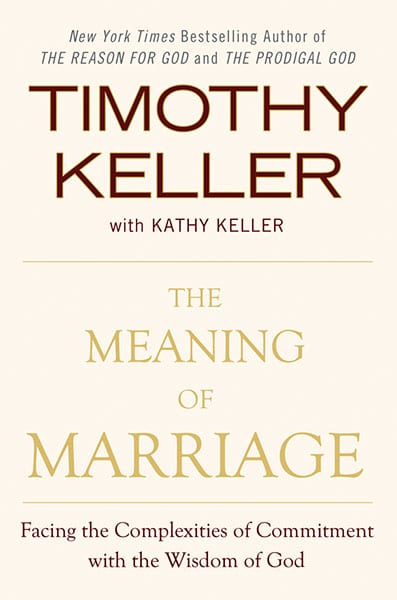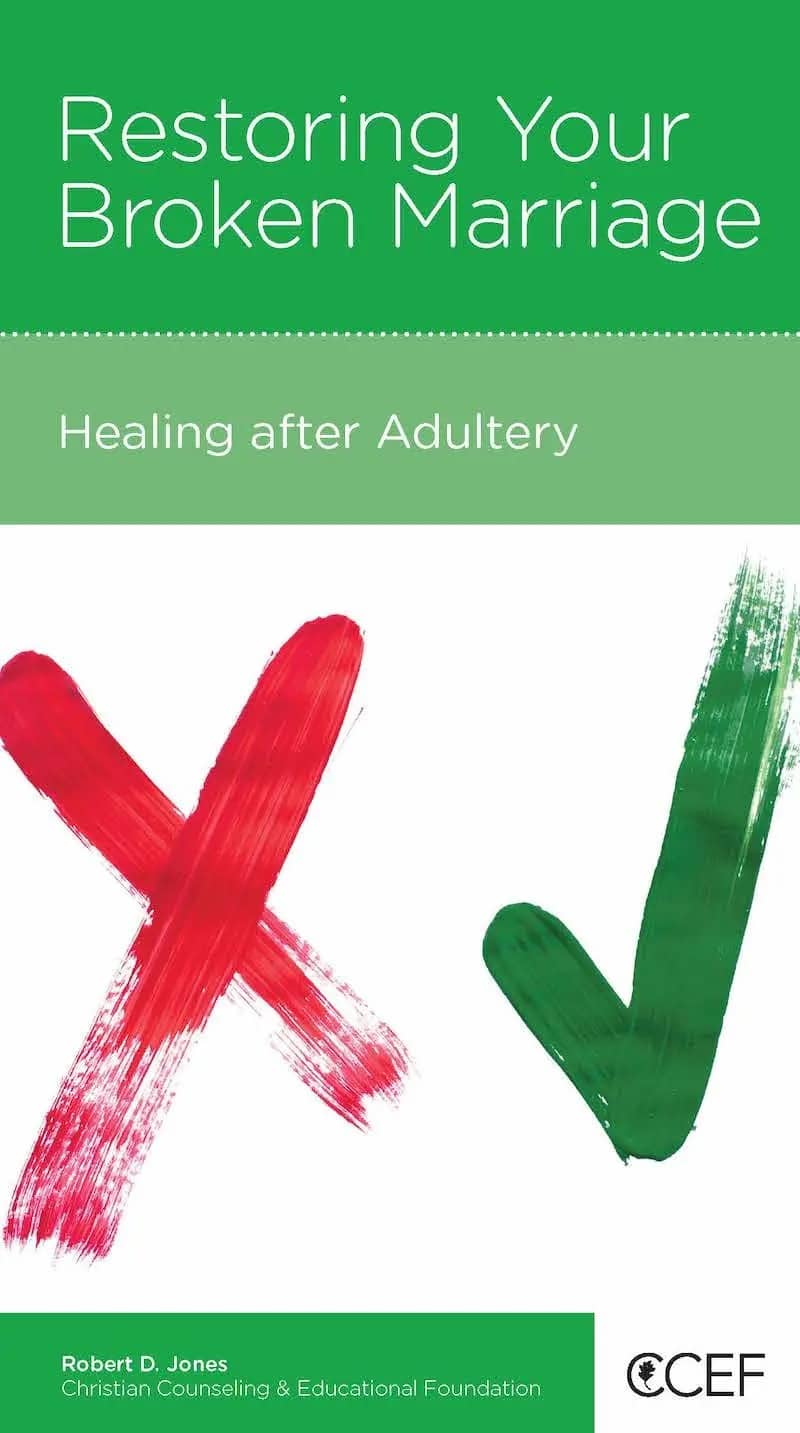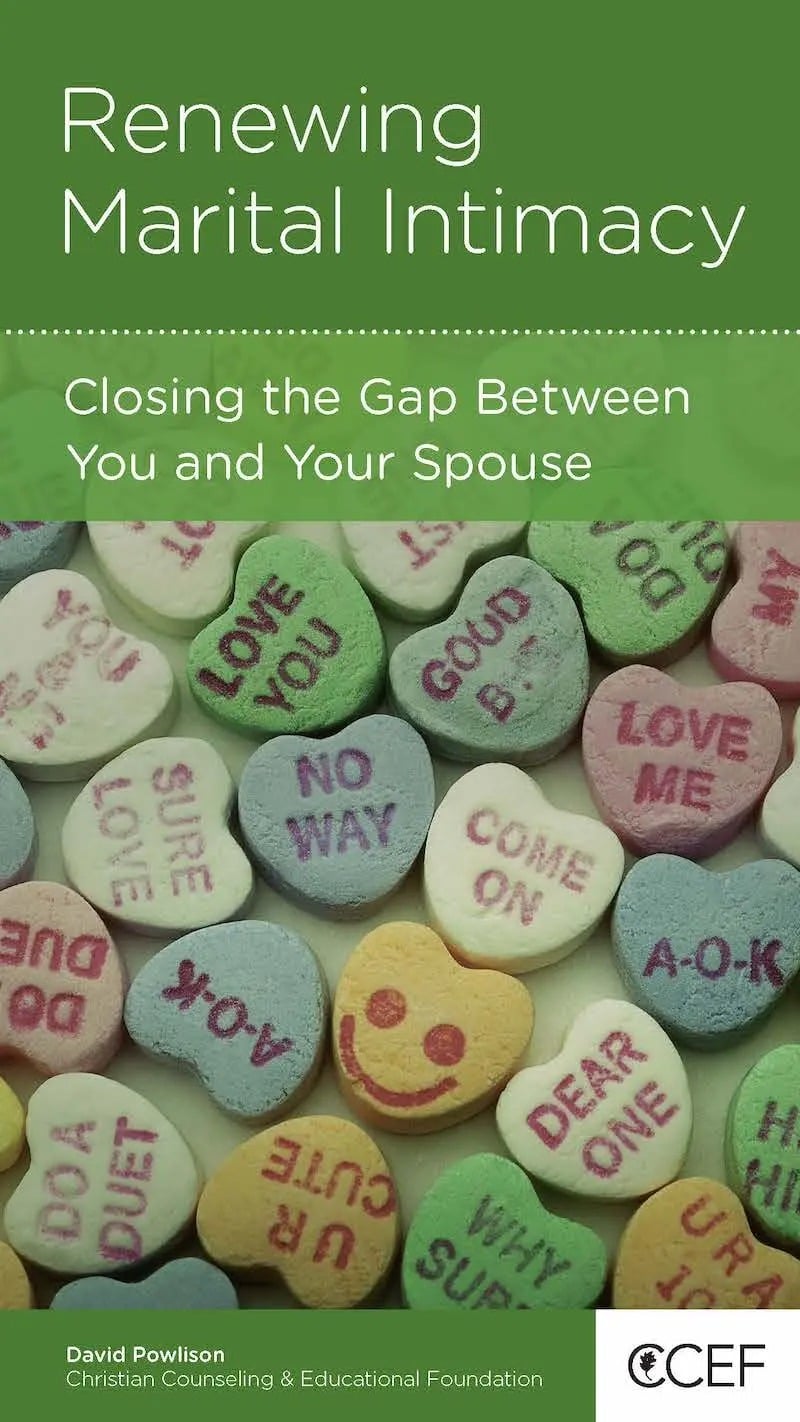
marriage






Marriage Discipleship
Help & Resources For Marriage Discipleship On God’s design for marriage, sex within marriage, and broken marriages. need help today? Marriage is a tremendous gift created by God for his glory and the good of his people. God’s mind-stretching creativity brought forth men and women, two complementary creatures with the capacity to more fully bear…






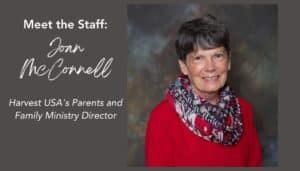



























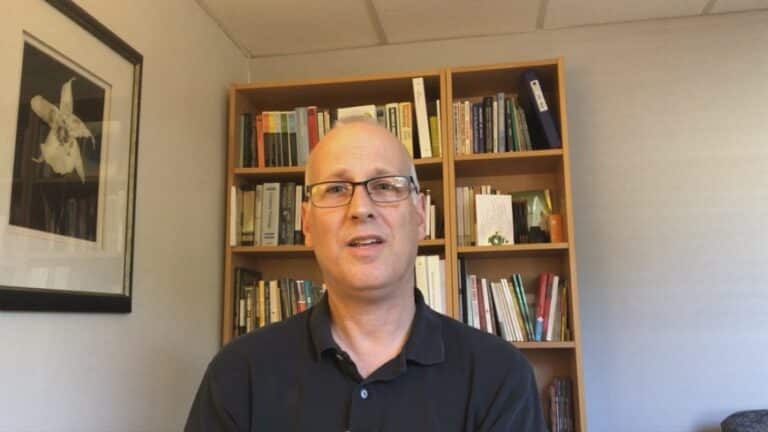
What About the Sexless Marriage?
Let’s suppose…the husband is truly repentant and growing, but he also feels like his wife’s coldness to him is making it more difficult. Is 1 Corinthians 7:1–5 relevant for him? To learn more about this topic, consider purchasing one of our resources, such as What’s Wrong with a Little Porn When You’re Married? by R….


How Can Husbands Love Their Hurting Wives?
The majority of men who come to Harvest USA for help with sexual struggles are married. In this video, Mark Sanders shares several important truths that husbands need to know about humbly, patiently, and sacrificially walking alongside their wives in the long process of reconciliation and healing. You can also read the corresponding blog, Wives…


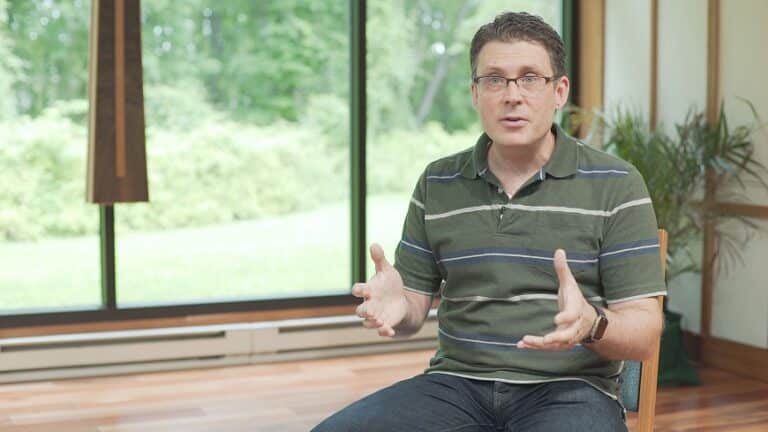
If There Is No Marriage or Sex in Heaven, What Do We Have to Look Forward To?
When you are with Jesus in glory, you will not look back on any pleasure in this world and think you’ve missed out. The content of this video is based on David White’s new book, God, You, & Sex: A Profound Mystery, which is available now. When you buy God, You, & Sex from Harvest…

The Goal of Sex in Marriage
God created sex and wants us to know pleasure in it that leads to thanksgiving and worship of him as the Giver of good gifts. That’s the ultimate goal of sex in marriage. The content of this video is based on David White’s new book, God, You, & Sex: A Profound Mystery, which is available now….
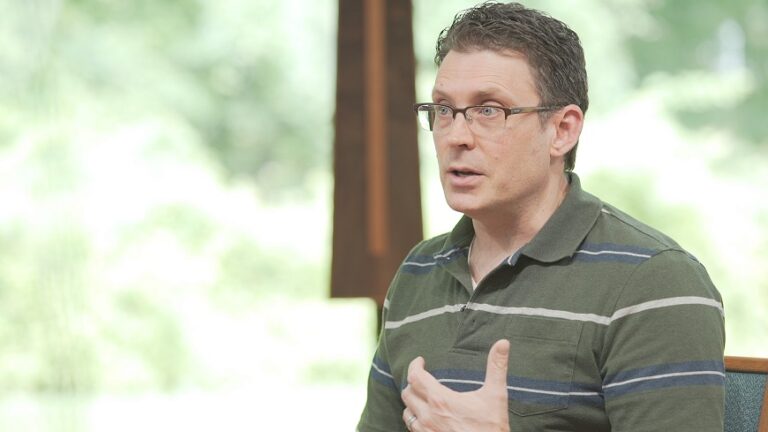
5 Essentials for Talking to Your Kids About Sex
David White shares five essentials for talking to your kids about sex: work out any unresolved sexual issues in your own life, proactively engage your kids in multiple conversations, start positive, explain that the motivation for chastity is love for Christ, and finally, remember that your marriage is the most important sex education you can…

Why Couples Who Are Considering Marriage Need to Share Their Sexual History
In this video, Ellen Dykas explains how to begin talking about your sexual history and why it’s critical to discuss past and current sexual struggles before engagement and marriage. If you’d like to learn more, consider reading Ellen’s minibook, Your Dating Relationship and Your Sexual Past: How Much to Share. When you buy this minibook…






Is a Struggle with Pornography a Deal-Breaker?
Are you engaged? In a relationship and thinking about getting married? You’ve got lots to talk about—and be honest about with your future spouse. But the time to talk about these things is now, before you make your vows. And one critical thing to discuss is pornography and sexual sin. Click here to read more…

